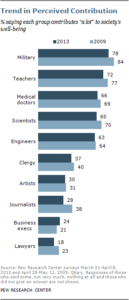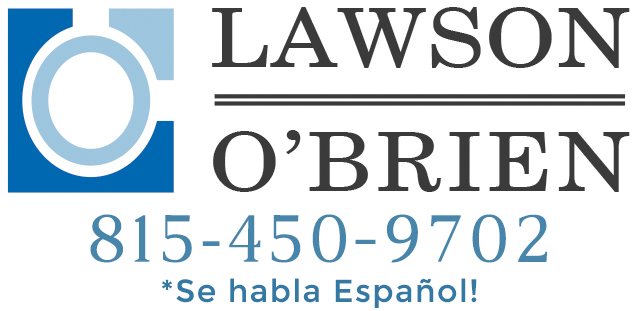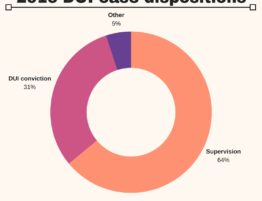
Remember Lt. Daniel Kafee, the JAG officer in A Few Good Men who somehow manages to get Colonel Jessup to admit to ordering the Code Red?
How about Vinny Gambino, the Brooklyn attorney who passes the bar (on his sixth attempt) and heads to Alabama to win his first murder trial?
How about Matlock? Perry Mason? Ally McBeal? Anyone from Law & Order?
Hollywood has been kind to us attorneys over the years, depicting our profession with deference, the job as noble.
There is, of course, another reality. Go ahead and tell me a lawyer joke. You know you have one.
Truth is, the American people simply don’t trust us. And our public perception has gotten worse in recent years.
Take a look:

The last time Pew Research Center conducted this survey, lawyers found themselves all the way at the bottom, below journalists and business executives.
For the vast majority of Americans, attorneys are less Atticus Finch of To Kill A Mockingbird, and more Saul Goodman of Better Call Saul.
And in that four-year period the percentage of people who said attorneys contribute “a lot” to society’s well-being actually dropped by five points.
LAWYERS CAN CHANGE THEIR PUBLIC PERCEPTION
Attorneys, not unlike doctors or police officers, generally meet the public at less-than-ideal moments. And the best of us are often required to be much more than a legal practitioner. We serve to comfort people facing trying times: an arrest, a divorce, a death in the family.
That’s why many in the field have been advocating for an increased focus on our bedside manners. How we treat clients is separate from what we actually accomplish in the courthouse. And ultimately it goes a very long way in improving a client’s perception of our performance.
“The public often forgets that the work that lawyers are called upon to perform is adversarial in nature,”
writes Chicago attorney Robert A. Clifford in an article for DePaul Law Review. “This does not represent an excuse for a sagging image, but nor should it provide an excuse for incivility. Rather, it should provide a reason for lawyers to educate the public about what lawyers do and why they act as they do.”
HOW SHOULD MY ATTORNEY TREAT ME?
The best attorneys I know never take for granted the fact that even their sharpest client might have no clue as to what’s going on with their case. How could they? I don’t know the first thing about removing an appendix, or teaching World History to a classroom of high school students. Our instinct is to make recommendations and move on. That’s wrong.
“Knowing when a client does not understand something may be obvious to some, but professional instinct may need to be involved, because some clients might never tell you that they do not really understand what you just said about comparative negligence or absolute liability,” argues another attorney, Michael J. Maslanka, for the American Bar Association. “If you suspect a lost connection, restate your advice and recommendations. The client may be more appreciative than you will ever know.”
Maslanka also instructs lawyers to be completely transparent about how long a case might take (hint: sometimes years!). The more you lay out on the front end, the less frustration on the back end.
I would add some other best practices. Attorneys should always:
- Return phone calls.
- Ask clients for their input.
- Listen.
- Communicate everything. Twice.
Circumstances are what they are, of course. A poor outcome might be unavoidable and can negatively impact a client’s perception, right or wrong. But this is what you’d like to hear from your clients (taken from my Avvo page):
“…He laid out the likely plea and court process for me, and his office communicated well at each step along the way.”
“Attorneys I contacted were arrogant, judgmental, or just too busy to explain things to me. I’m forever grateful I came across Mr. Lawson. He explained all my tickets.”
“Not only was the outcome quite favorable but Ben kept me informed and answered all of my questions in a timely manner; both by phone and email.”
Ok, you get the idea. Pardon the self-promotion but I wanted to underscore the common denominator.
Explain. Ask for input. Listen. Explain some more.
It’s a winning formula, not just for me, but the profession as a whole.










